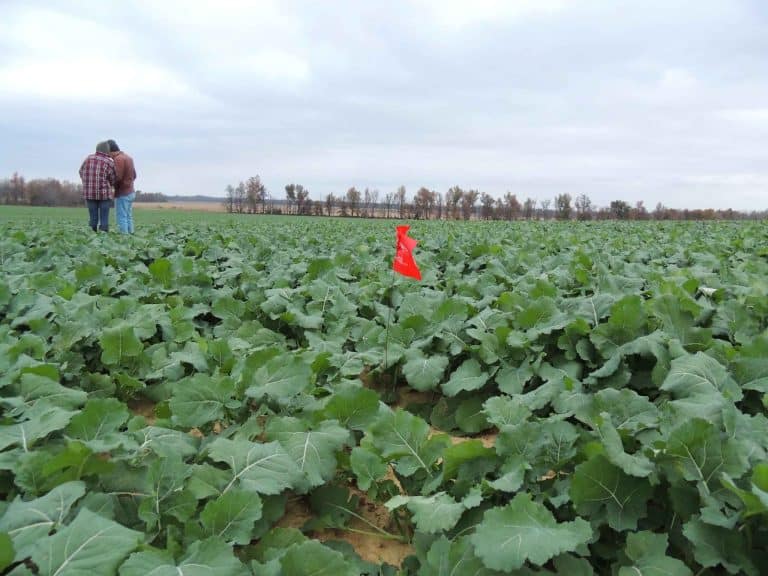Rubisco Seeds is an independently owned, farmer-focused seed company. Our resources are channeled into privately funded research that enables continuous development and optimization of commercial production programs for winter canola. In addition to providing agronomy support to farmers, we are heavily engaged in training agronomists and other stakeholders in all aspects of winter canola production using information from our regional and national commercial acre base and research network. The primary objective of Rubisco Seeds is for farmers to achieve maximum profitability and rotational benefits from growing our seed products as part of their cropping system. Rubisco hybrids deliver top yields on commercial acres and in regional and national yield trials.
We keep our focus on yield. What is your focus?
3 years NWCVT data showing average winter canola yields (bu) of open-pollinated varieties versus hybrids
For region-specific information on our hybrid canola yield performance, don’t hesitate to contact us.






